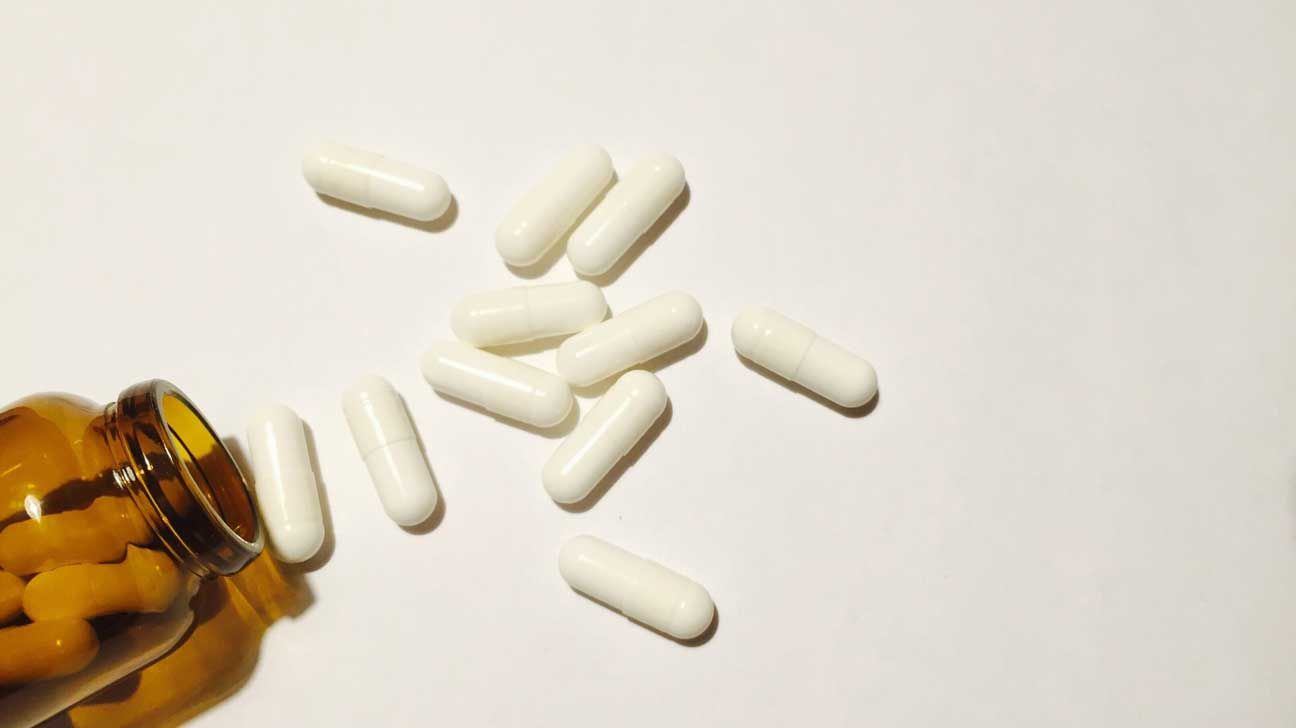Introduction to Beta-Alanine
Beta-alanine is a non-essential amino acid naturally produced in the body and found in various foods. It plays a crucial role in buffering acid in muscles, particularly during high-intensity exercise. In recent years, beta-alanine supplementation has gained popularity among athletes and fitness enthusiasts seeking to enhance exercise performance and increase muscle endurance.
Understanding Beta-Alanine and Carnosine
When beta-alanine combines with histidine, it forms carnosine, a dipeptide stored in skeletal muscle tissue. Carnosine acts as a pH buffer, helping to regulate the acidity levels in muscles during exercise. By increasing muscle carnosine levels through beta-alanine supplementation, individuals may experience delayed fatigue and improved exercise performance.
The Role of Beta-Alanine in Exercise Performance
During intense exercise, muscles produce lactic acid as a byproduct of anaerobic metabolism, leading to a decrease in pH levels and muscle fatigue. Beta-alanine helps increase muscle carnosine levels, which can enhance the buffering capacity of muscles, delay the onset of fatigue, and prolong exercise performance, especially during high-intensity, short-duration activities like sprinting or weightlifting.
Benefits of Beta-Alanine Supplementation
Improved Exercise Performance: Beta-alanine supplementation has been shown to increase muscle carnosine levels, leading to enhanced exercise capacity, especially during short-duration, high-intensity activities.
Increased Muscle Endurance: By buffering acid in muscles, beta-alanine can delay fatigue and extend the time to exhaustion during intense exercise, allowing individuals to train harder and longer.
Enhanced Muscle Mass: Some studies suggest that beta-alanine supplementation may promote gains in lean muscle mass, particularly when combined with resistance training.
Potential Cardiovascular Benefits: Beta-alanine may have cardioprotective effects, improving cardiovascular function and reducing the risk of heart disease.
Delayed Onset of Neuromuscular Fatigue: Beta-alanine supplementation may help delay the onset of neuromuscular fatigue, allowing athletes to maintain power output and performance for longer durations.
How to Take Beta-Alanine
Beta-alanine is commonly consumed in supplement form, typically as a powder or capsule. The recommended dosage varies depending on individual factors such as body weight, exercise intensity, and training goals. Most research studies use dosages ranging from 2 to 6 grams per day, divided into smaller doses taken throughout the day to minimize side effects such as paresthesia.
Potential Side Effects and Safety Considerations
Paresthesia
One common side effect of beta-alanine supplementation is paresthesia, a tingling sensation on the skin, particularly in the face and hands. This sensation is harmless and typically subsides within 60-90 minutes after ingestion.
Allergic Reactions
Individuals with allergies to beta-alanine or related compounds should avoid beta-alanine supplementation. Additionally, pregnant or breastfeeding women, individuals with kidney or liver disease, and those taking medication should consult with a healthcare professional before using beta-alanine supplements.
Interactions with Other Supplements:
Beta-alanine may interact with certain supplements or medications, including taurine, caffeine, and creatine. It’s essential to speak with a healthcare provider before combining beta-alanine with other supplements or medications to avoid potential adverse effects.
FAQs About Beta-Alanine
Can beta-alanine help with weight loss?
While beta-alanine supplementation may improve exercise performance and muscle endurance, there is limited evidence to suggest that it directly promotes weight loss. However, by increasing exercise capacity, beta-alanine may indirectly support weight management goals by allowing individuals to engage in more intense workouts.
Is beta-alanine safe for long-term use?
Beta-alanine supplementation appears to be safe for most individuals when used as directed. Long-term studies on the safety of beta-alanine supplementation are limited, but short-term studies have not reported any significant adverse effects with prolonged use.
When is the best time to take beta-alanine?
Beta-alanine can be taken at any time of day, but many people prefer to split their daily dose into smaller servings taken throughout the day to minimize the risk of paresthesia. Some athletes may prefer to take beta-alanine before workouts to maximize its performance-enhancing effects.
Can I get beta-alanine from food sources?
While beta-alanine is naturally found in small amounts in certain foods like poultry and fish, it’s challenging to obtain therapeutic doses of beta-alanine through diet alone. Supplementing with beta-alanine powder or capsules is the most effective way to increase muscle carnosine levels.
Does beta-alanine cause kidney damage?
There is no evidence to suggest that beta-alanine supplementation causes kidney damage in healthy individuals. However, people with pre-existing kidney conditions should consult with a healthcare professional before using beta-alanine supplements.
Can beta-alanine improve endurance for aerobic activities like running or cycling?
While beta-alanine is most well-known for its effects on anaerobic activities like weightlifting and sprinting, some research suggests that it may also improve endurance for aerobic activities by delaying the onset of fatigue and improving muscle buffering capacity.
Conclusion
Beta-alanine supplementation offers a promising way to enhance exercise performance, increase muscle endurance, and support overall athletic goals. By increasing muscle carnosine levels, beta-alanine helps buffer acid in muscles, delaying fatigue and allowing individuals to train harder and longer. While beta-alanine may cause temporary side effects like paresthesia, these effects are generally mild and harmless. As with any supplement, it’s essential to use beta-alanine as directed and consult with a healthcare professional before starting a new supplementation regimen, especially if you have underlying health conditions or are taking medication. With proper use and attention to safety considerations, beta-alanine can be a valuable tool for athletes and fitness enthusiasts looking to optimize their performance and achieve their training goals.
- Top 12 Keto-Friendly Drinks (Besides Water) - May 6, 2024
- Why Green Peas are Healthy and Nutritious - May 6, 2024
- GMOs: Pros and Cons, Backed by Evidence - May 6, 2024




